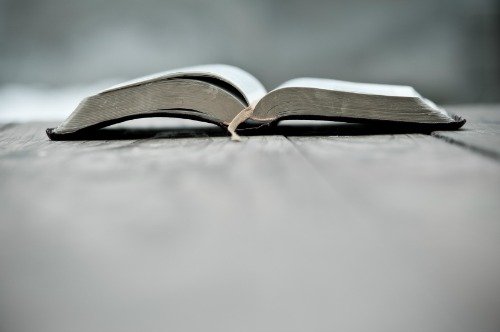|
Buddhist Religious Survival
Buddhist Religious Survival Question: Is religion alive and well or struggling to survive in Canada? Rev. RAY INNEN PARCHELO is a novice Tendai priest and founder of the Red Maple Sangha, the first lay Buddhist community in Eastern Ontario. As with most statistics-reliant questions, the answer will be yes, no or possibly, depending on how you interpret the question and the data. According to The Comeback of Organized Religion in Canada, (Reginald Bibby, 2006), there has been evidence of both decline and resurgence in different sectors of religious activity in Canada.
Certain churches have lost heavily, others are growing. Non-Christian faiths have increased in number. It is difficult to measure change over their relatively short and rapidly changing history. Anybody’s claim to be “the fastest growing religion” or that “religion is dying” needs to be viewed with considerable scepticism. For meaningful answers, this question would have to include others — What do we mean by religion? What demographic? What communities? What timeframe?
What do we mean by religious activity/life? If we define participation in structured services, led by a clergy-person, we narrow the meaning in a way which might exclude support of religious charities, for example. There is little doubt that our religious life extends beyond organized religions. Is the person who participates in a non-denominational meditation group engaged in “religion?” Does someone who avoids church but insists their children are baptized or confirmed express a religious conviction? When my non-Christian friend “faithfully” sings in a Catholic choir but declines participation in any sacraments, is she engaged in religious activity? (Answer: her priest thinks so!) The oft-heard claim, “I’m not very religious, I’m more spiritual” (whatever that might mean), points to a re-formulation of what relationship people have to religious structures, questions and pursuits, but not necessarily to some decline in the place of religiosity in our lives. I would agree with Bibby again who says: “What many people are saying is that they are open to greater religious group involvement, if the result is that their lives are elevated.” Whatever faith-based direction is our endeavour, it remains our challenge to balance our commitments to sustaining religious tradition and structure with the ever-changing needs of our congregations and the ways our society views divinity, salvation/liberation and even the definition of what it means to be human. Buddhist Religious Survival
|





